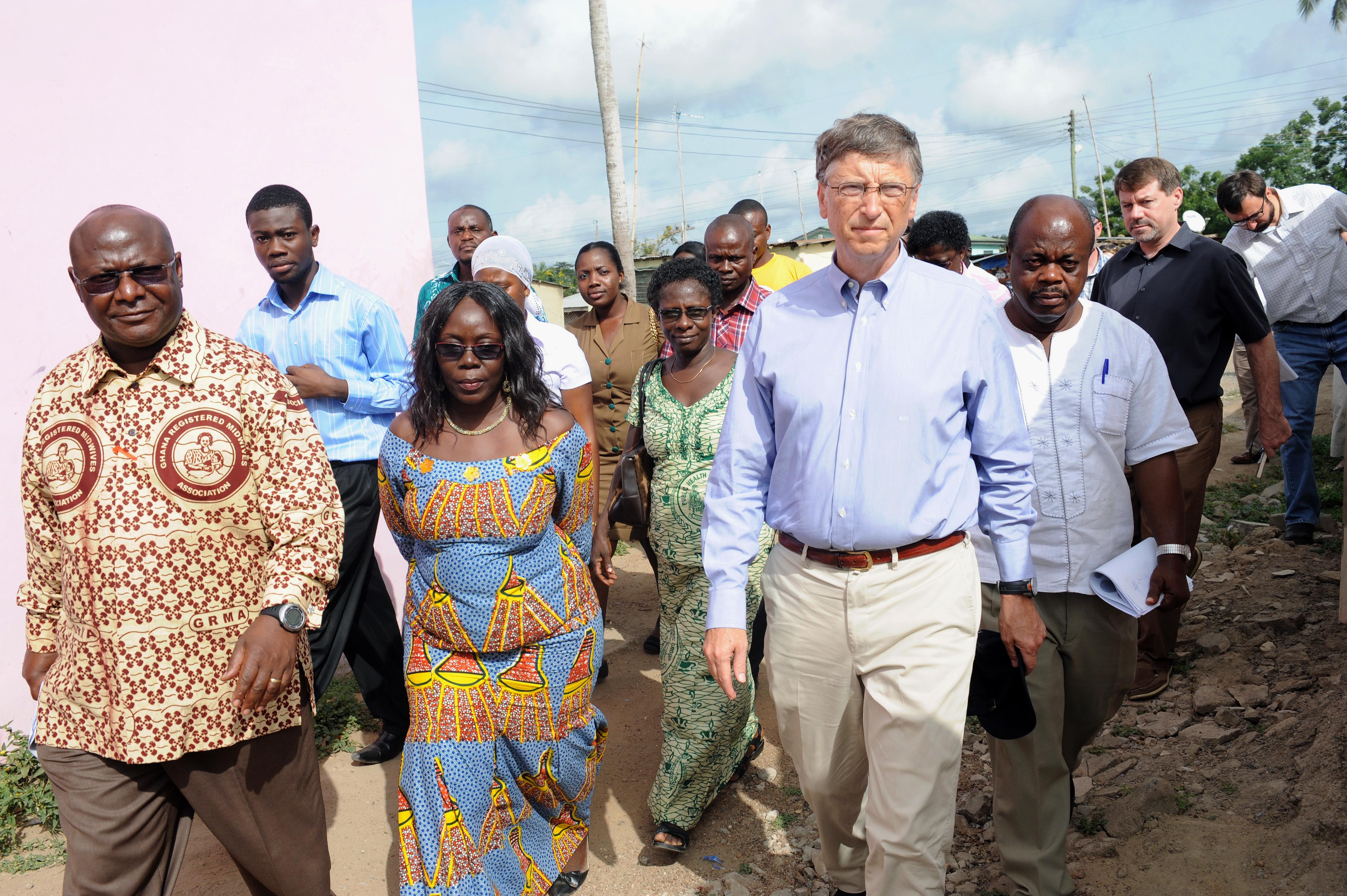Bill Gates got quite a bit of attention yesterday for predicting in his foundation’s annual letter that “By 2035, there will be almost no poor countries left in the world.” (He does make an exception for countries held back by “war, politics (North Korea, barring a big change there), or geography.”)
While the point that the vast majority of countries are growing is certainly valid, this seems a bit ambitious. As Chris Blattman points out, per capita incomes in Kenya and Ethiopia, two of the fastest-growing countries in Africa, would have to grow at 8 percent and 10 percent per year over the next 20 years—a historically staggering achievement—to reach China’s current income level, the benchmark used by Gates. It’s also worth pointing that despite China’s incredible reduction in poverty, as of 2009, the number of people living on less than $2 a day there still exceeded the population of the United States.
Another reality check comes from a new paper by Christoph Lakner and Branko Milanovic, which finds that between 1993 and 2008, the average per capita income in sub-Saharan Africa increased just $20, from $742 to $762 per year measured in 2005 dollars. As the Economist’s Free Exchange blog points out, when you exclude South Africa and the Seychelles, the region actually saw a decline from $608 to $556.
Moreover, global inequality is increasingly determined by location. “Whereas in 1993 about 25% of the world’s poorest 5% lived in sub-Saharan Africa, by 2008 it was nearly 60%,” the Economist writes.
Obviously there are other ways to measure development and in general Gates is right to note that a bit more optimism is warranted given the general improvements in human welfare we’ve seen over the last two decades. But that optimism is probably worth tempering with an acknowledgment of the alarming levels global inequality is reaching.
